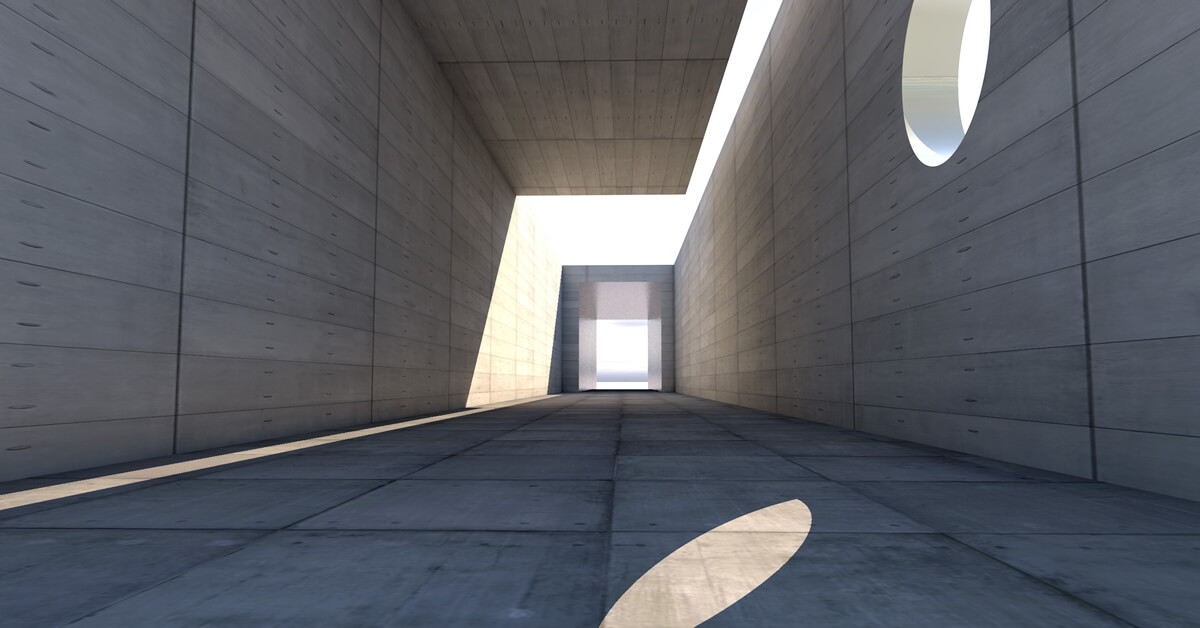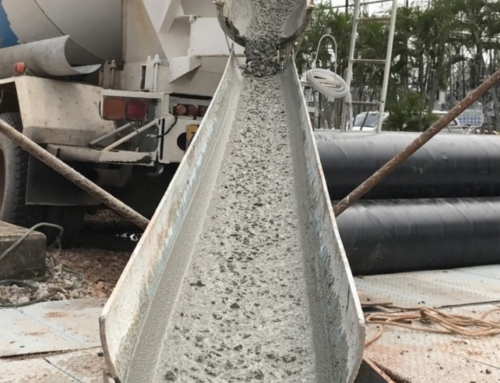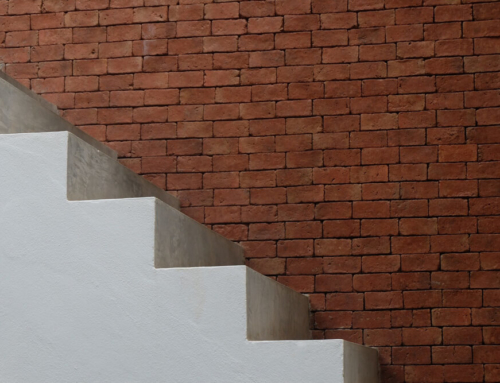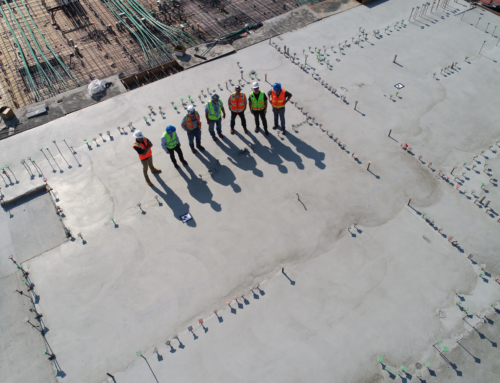Concrete is a highly versatile material, used for everything from concrete shed bases to roads and piling projects. However, there are some differences between the types of concrete available, which can affect the decision about whether to use concrete blocks or poured concrete. The latter is the most popular thanks to its wide range of strengths and benefits. Here are just a few of the reasons you should choose poured concrete.
Waterproof
Poured concrete is often chosen for jobs in which blocks were previously the material of choice, including walls, floors and foundations. One of the benefits of poured concrete is the fact it doesn’t have joints, so it’s much easier to create a waterproof structure. It’s also much denser than other materials, making it harder for water to penetrate. Therefore, when used in buildings, you should see fewer problems with damp, mildew and algae growth, especially in basement areas, which can often experience issues with water tightness.
Adaptability
Poured concrete is highly workable with an ability to mould into almost any shape. This means it has greater versatility than blocks and is used for different foundation designs and unique concrete structures. Its ability to adapt means it’s often used in the construction of commercial buildings where plans can be more complex and change at the last minute.
Fast Application
Most projects requiring concrete are under time and budgetary restrictions. Poured concrete is easier and faster to lay than blocks, so it can cut costs and labour time dramatically. It’s compatible with machinery such as concrete pumps, which allow the mixture to be poured even quicker, creating a cost-efficient process. Using pumps can also reduce the mess and waste sometimes associated with poured concrete.
Fire Resistance
Poured concrete is incredibly fire-resistant, maintaining its structural integrity even when subjected to high temperatures. This is partly due to the solid nature of poured concrete walls, offering better protection throughout a building.
Compressive Strength
Poured concrete is exceptionally strong, and the higher the concrete grade, the greater the load and compression it can withstand. This means it’s even used for structures below ground level such as foundations and basements. Such strength ensures poured concrete is very durable, lasting the test of time with minimal maintenance required.
Flexural Strength
Poured concrete also has a higher amount of flexural strength, which refers to the amount of stress it can undergo without suffering from a ‘bending failure’. This means it doesn’t shift easily if there’s movement in the soil under the structure. Having such flexural strength results in poured concrete surpassing many of the safety requirements for structures which need to withstand environmental changes, impacts and movement.
Speak to the Network Concrete team if you’re looking for a reliable supplier of high-quality poured concrete. We work in and around Sussex, including Crowborough, Worthing and Uckfield. Get in touch 24/7 with our experts for a free quotation on all concrete supplies.






